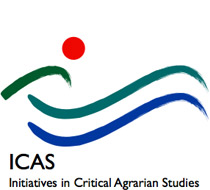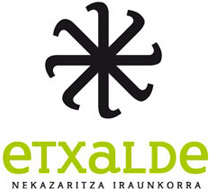Inviting analysis of class, race and gender, this axis explores the dynamics of power, evaluating different production models, class formation, processes of accumulation and the relationships between them. In addition, it will try to offer concrete insights into how different systems function and value food producers.
Debates about who, how and with what social, economic and ecological implications we will feed the world.
With the intention of deepening our analysis of the food system in the coming decades, this event will address various dimensions of food and delve into the realities and challenges to provide insights into the future. The issue of food is complex and touches many aspects of our lives.
This colloquium aims to be a space to discuss this complexity and bring together perspectives from different sectors (the peasantry, fishing, public institutions and research, etc.) to enrich the debate. The challenge of how to feed the world is a historical debate, but the novelty of this meeting is intended to go beyond the mere question whether it is possible or not.
Here, the idea is to go into the details of how it is being done at present; what practices are currently taking place and with what consequences; how is the vision of food sovereignty being put into practice; what can we learn from the interrelated experiences with activism and research on the food system that seek to define our future path…
Given the gravity of the economic, ecological and social crises shaping and being shaped by the global food system today, it is necessary to analyze the current context. However, the goal in this colloquium is to channel the force of these analyzes to better understand the steps we need to take into the future.
The Organizing Committee:
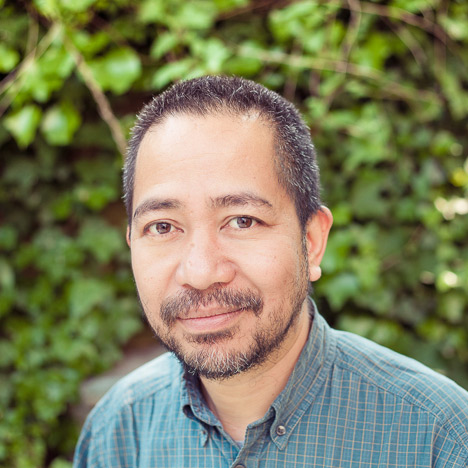
Jun Borras (ISS/ICAS)
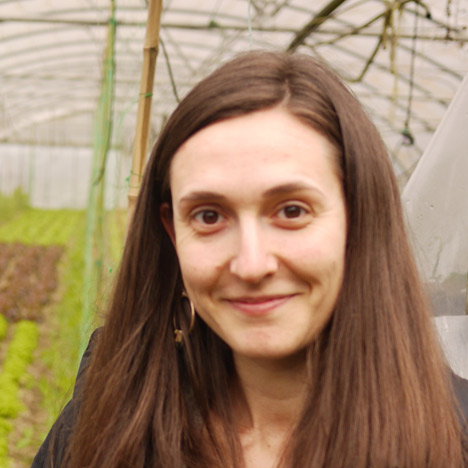
Zoe Brent (TNI)
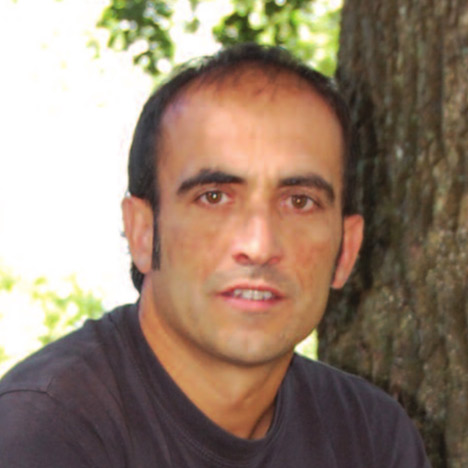
Unai Aranguren (EHNE Bizkaia / Etxalde / La Via Campesina)

Xarles Iturbe (La Via Campesina)
Thematic Axes
Capitalism, class, agriculture, livestock and fisheries.
Climate Change and convergences.
The ecological crisis and the range of responses to climate change urge us to think about the environmental consequences related to food production and global food security. In this context we see several proposals from the “blue carbon” to agroecology.
Among the different forms of production, consumption and control over natural resources, we ask how and to what extent each works with nature? Changing ecological realities reveal new political strategic alliances, for example between environmental movements, farmers and fishers.
What tensions exist in these alliances and what are the dynamics of convergence? How are the politics of climate change animated and used by different actors at different scales and with what different motivations? What forms of production, consumption and technologies represent mitigation strategies to climate change, and why? How do the different geographic and/or geo‐ strategic realities shape these proposals to mitigate climate change?
Models of development in the context of flows of capital, goods and people.
Given the global dimension of the current food system and in the context of discussions on the role of trade and market access in building food sovereignty: How do we localize food systems? What are the impacts of different models of pricing? What imbalances are created by health and safety regulations? How is local decision making power protected in the face of global trade agreements (TTIP, CETA, TTP, etc.) and global agribusiness corporations?
And if the idea is to support local systems and prioritize the rights of local communities, how do we respond to the needs of new migratory phenomena? What role do farmworkers in industrial food companies have in building food sovereignty? What do peasant markets and economies look like?
Access and control over the means of production.
In the context of land, water and ocean grabbing, financialization and speculation, how is local control over natural resources maintained or lost? What effects have policies related to land, seeds and water had? What other factors/threats affect the dynamics of natural resource control (property regimes, gender, legal systems, social norms, geography, market insertion)?
How do the dynamics of control change according to different models of production? What are the mechanisms of access and control? What impact do the international Tenure or Small Scale Fisheries Guidelines have at the local level? What alternatives exist in order to regain control of land, water or seeds, after they have been lost and how do they work?
Consumption, health, nutrition and the Right to Food.
How do we ensure food access for all people? While recognizing the right to food is a very important tool, to take it seriously and make it effective poses serious challenges in a context of increasing population and changing dietary habits resulting from the incorporation of millions of people into the capitalist economy.
This has had significant consequences from production and processing to distribution and consumption of food.
‘Real’ food in this context is a concept with fewer and fewer points of reference and thus has altered the global collective imagination.
In this situation, how do we avoid the problems of obesity and malnutrition? What policy tools and alternative projects exist to address these issues? How are issues of consumption being brought into closer connection with dynamics of production at the local level?
How are people making organic products accessible to all, rather than only the elite, without lowering producers’ salaries? What are the political dimensions of consumption, health and nutrition that help link these areas with the movements for food sovereignty? How do we channel the politics of consumption into a strategic proposal for economic and social development at a national level?
Movements for Food Sovereignty.
Looking towards the future means paying attention not only to new ideas and models but also to education so that the next generation is able to play an active role in building alternatives. Faced with various processes of feminization of the agricultural world and debates about depeasantization or peasantisation, with whom and how are the necessary knowledge and skills developed to create an alternative future?
In this thematic axis we invite perspectives on processes of political formation, education or ways of incorporating new people into farming and fishing. However we will also discuss how to empower people already within the movement for food sovereignty:
Who are the new farmers? What training processes are needed to ensure generational turnover?; How are teaching methodologies scaled up while also paying attention to local needs and specific contextual factors?; Who plays what role in ensuring generational turnover? (Multilateral agencies, national institutions, public policies, different national governments that are more or less supportive of food sovereignty); What role does the University play? (relationship between researchers and peasant or fisher movements); What is the role of allies in this process and how do they relate to the peasant movement?; What can we learn from historical and global perspectives in order to support local work in the future?
Food sovereignty
Food sovereignty is the most developed proposal for an alternative food system to date, but there is still much to understand about how to “operationalize” the concept. Ten years have passed since the declaration of Nyeleni where the six pillars of food sovereignty were articulated, marking an important step towards putting ideas into practice.
These six pillars have helped bring the concept to life and have shown the breadth of topics and areas involved in the transformation that La Via Campesina and allies are proposing with this idea.
This colloquium will take up these issues, according to the thematic axes laid out below.
In each axis the focus will always remain on the concrete steps that are being taken towards transformation.
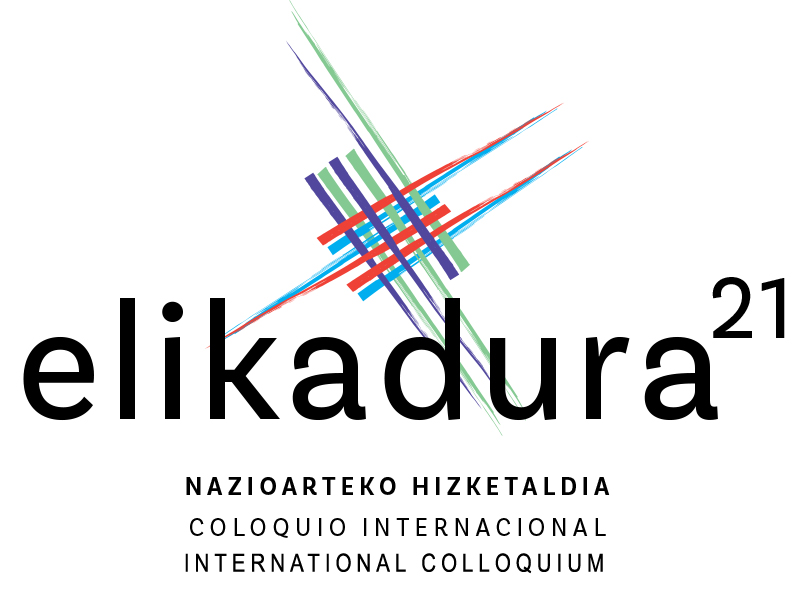
ORGANIZADORES
COLABORAN














APOYAN







